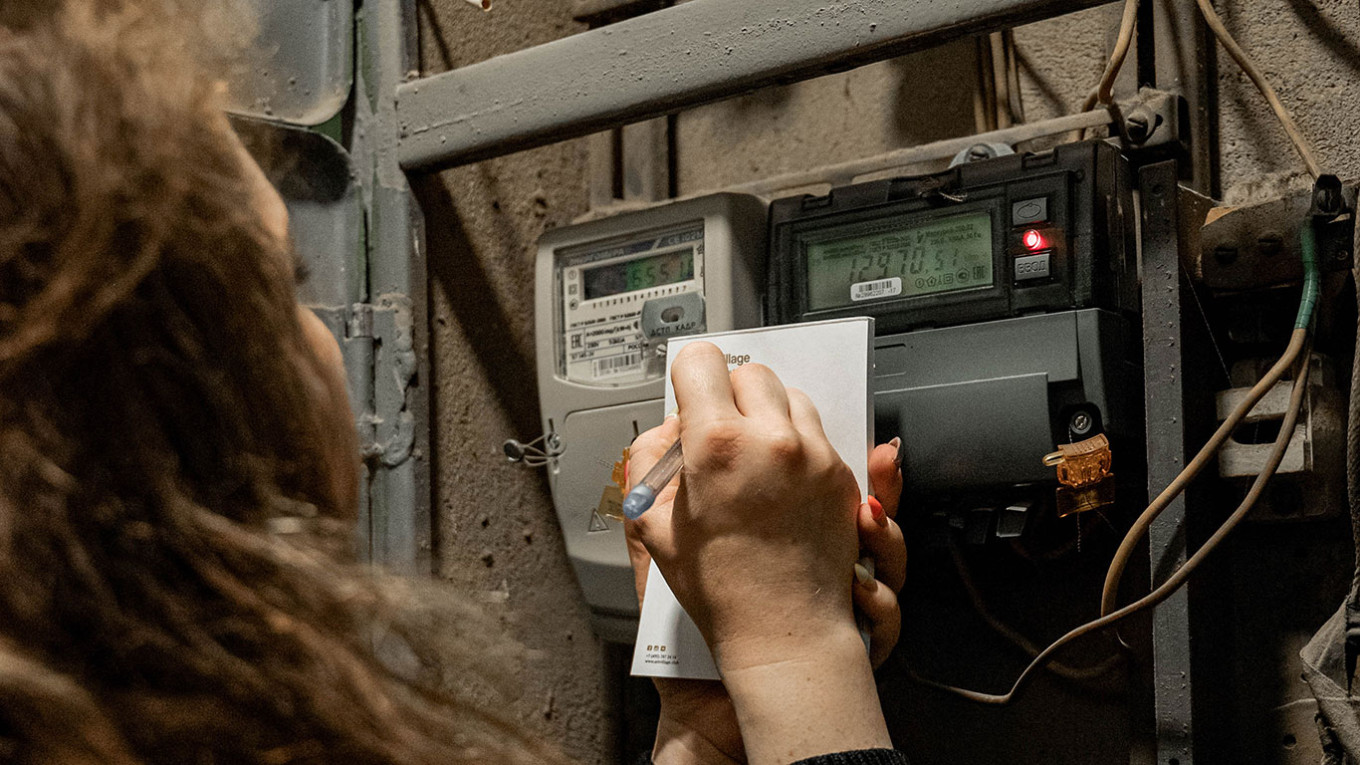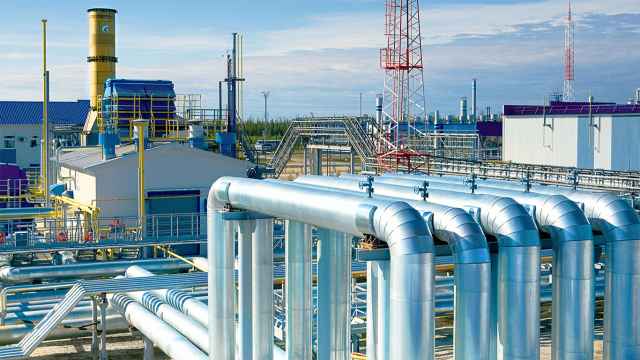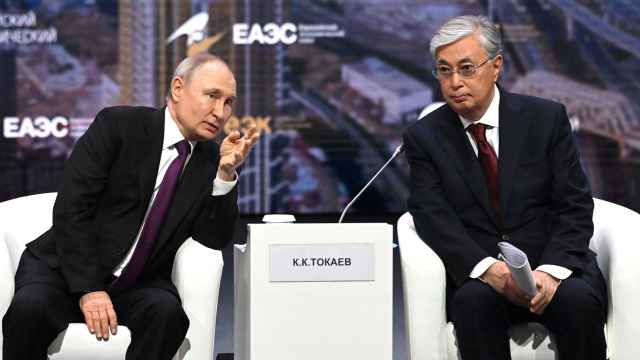The Kremlin has launched an online bot campaign to justify the country's steepest utility rate hikes in years, the exiled news outlet Agentsvo reported Tuesday.
Citing data from Botnadzor, a watchdog project that tracks state-aligned bot activity, Agentsvo reported that Kremlin-affiliated accounts are responsible for nearly one in five comments on VKontakte related to the hike in utility and communal services rates since June 29.
Of 10,717 analyzed comments, 2,048, or nearly 19%, were attributed to accounts linked to Russian authorities or pro-government messaging operations.
These comments typically framed the rate hikes as routine, justified or even beneficial, often asserting that citizens' wages are also increasing.
The campaign included both accounts promoting federal messages and regional accounts working to further local government positions.
Utility rates rose by a nationwide average of 11.9% on Tuesday compared to 9.8% in 2024 and 8.1% in 2023.
In one comment, a bot user said: “Utility prices are raised regularly and there is always public discontent, but people ultimately comply.”
Another message described the utility rate hikes as “the price of stability.”
Other posts sought to downplay the economic impact of the hikes by emphasizing government wage indexation policies, claiming that “Salaries have been indexed twice by 14%, which is more than enough to pay for utilities.”
In regions hit particularly hard, bots sought to redirect or dilute criticism.
For instance, one comment under a news source reporting on the Murmansk region said: “Rate increases are happening everywhere, so why are we talking about this region specifically?”
Another comment under a post about the utility increases in the Novosibirsk region downplayed the changes, suggesting they were “not significant enough to warrant repeated coverage.”
Yet the numbers tell a different story. Some regions saw increases far above the national average, with the highest hikes recorded in the Perm (21.1%), Arkhangelsk (20%) and Kemerovo (19.8%) regions.
Tariffs rose by more than 15% in the republics of Dagestan (17.5%), Ingushetia (17.6%), North Ossetia (19.1%) and Tatarstan (17.5%), as well as the Altai (15.5%) and Chelyabinsk regions (18%).
The Leningrad, Yaroslavl, Murmansk and Novgorod regions along with Moscow all saw increases of 15%.
While federal guidelines set upper limits on tariff growth, exemptions allow regional governments and municipalities to raise rates beyond those thresholds under certain conditions, such as for infrastructure investment or modernization.
While federal limits are in place, these restrictions may not apply in certain circumstances, so responsibility for determining the final level of indexation rests with local authorities. As a result, some municipalities have experienced increases that significantly outpace the national or regional averages.
For example, in Izhevsk, the increase reached 38%, compared to the 15% average increase across the republic of Udmurtia. In the Siberian city of Omsk, rates rose by 39.6%.
The Construction Ministry defended the price hikes, citing higher resource costs and the need to upgrade aging utility systems.
In May, Vladimir Koshelev, deputy chair of the State Duma’s Construction and HCS Committee, blamed inflation and the need to update aging utilities infrastructure for the increase.
A Message from The Moscow Times:
Dear readers,
We are facing unprecedented challenges. Russia's Prosecutor General's Office has designated The Moscow Times as an "undesirable" organization, criminalizing our work and putting our staff at risk of prosecution. This follows our earlier unjust labeling as a "foreign agent."
These actions are direct attempts to silence independent journalism in Russia. The authorities claim our work "discredits the decisions of the Russian leadership." We see things differently: we strive to provide accurate, unbiased reporting on Russia.
We, the journalists of The Moscow Times, refuse to be silenced. But to continue our work, we need your help.
Your support, no matter how small, makes a world of difference. If you can, please support us monthly starting from just $2. It's quick to set up, and every contribution makes a significant impact.
By supporting The Moscow Times, you're defending open, independent journalism in the face of repression. Thank you for standing with us.
Remind me later.






